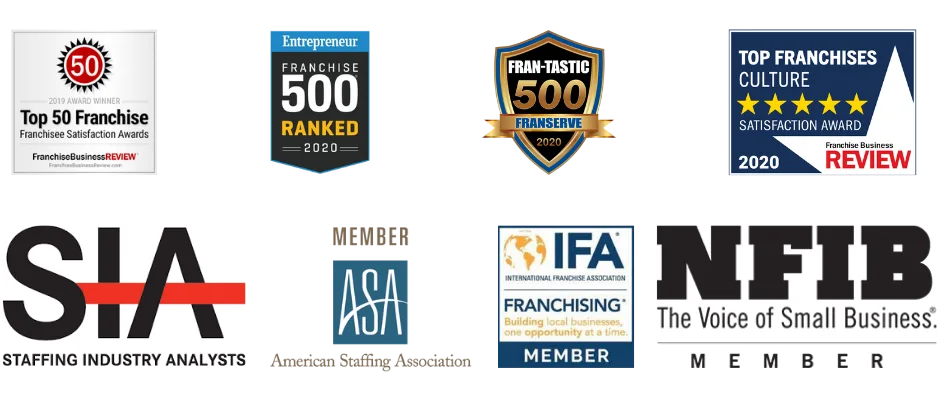You’ve been on the job hunt. You’ve scouted companies, refined your resume, and maybe you’ve put out so many applications you’ve started to lose count. Now some of those applications are leading to interview offers. For many, the interview can be the most stressful part of the hiring process. Applicants want to make a great first impression with their potential employer and stand out against other candidates, particularly in high-demand fields. The pressure to appear as the perfect choice can lead an applicant to give answers that the interviewer might interpret as deceptive, which could count against them. Below are four types of deceptions that interviewers are listening for, and how to avoid using them.
EXAGGERATION
When you’re being interviewed, you are being asked to tell your story and sell yourself to a new company. It is perfectly natural to want to make your story sound as impressive as possible, and we have been trained from an early age to equate “bigger” with “better.” There are many ways to add exaggeration to your interview answers. When listing accomplishments, it can be easy to round up the numbers or overstate the impact. We can create new job titles to inflate the perception of our previous roles. But then you risk noticeable discrepancies between your recollection and what your references or background check reveal to the employer. This will not leave you looking impressive. Instead, keep your accomplishments realistic and impress the hiring manager with your ability to analyze them and apply them to the new job requirements.
MINIMIZATION
On the other hand, people like to make their shortcomings seem as small as possible. We often minimize by using adverbs and qualifying words. Instead of owning up to something wrong we did, we will say we “usually” do the right thing. We had a “pretty good” working relationship with our last boss. We “basically” followed the company handbook, “more or less.” During an interview, limit your use of these words by giving direct answers and demonstrate a willingness to learn from your mistakes.
OMISSION
Everyone hates a plot hole. When we’re watching a movie or reading a story, and it becomes clear that a plot thread or an important character have been dropped without explanation, it can affect our whole audience experience. When a candidate clearly cuts out part of their story, an interviewer might notice, and will likely assume it was something that reflected poorly on the applicant. The hallmarks of a story omission are when the early part of the story is loaded with details but the ending is abrupt and unclear. Often instead of details, the applicant uses a bridging phrase like “some time later” or “at the end” to transition past the unwanted information. When giving your interview answers, be sure to give full answers that span from start to finish. If there are details of previous roles that you feel uncomfortable talking about, be honest with your interviewer and draw the attention back to how the story led to your growth as a professional.
FABRICATION
Obviously, you don’t want to outright lie during a job interview. But an interviewer may suspect a story is a fabrication if the details remain vague and the flow seems to be inconsistent. If your speech patterns tend to vary naturally, focus on consistency and be sure your stories are filled with details. Remember that above all else you are trying to sell yourself to the company, so they want the most rounded view of your skills possible.
Instead of focusing on making the best impression, do your best to present an honest account of yourself and create an open dialogue between you and the interviewer. The ability to build rapport with your interviewer will be far more memorable to them than your on-paper accomplishments.
Looking for more hiring tips? Check out our blog to see the latest trends, tips, and resources. If you have any questions, please feel free to contact us!
Recommended For You:
- 4 Actionable Tips To Shock Hiring Managers Into Selecting You
- 5 Tips For Telling An Interviewer You Were Fired
- How To Dress For Your Big Interview
Who is NEXTAFF? We are locally owned and operated staffing offices devoted to our communities, clients, and candidates throughout the United States. For more job tips and ideas, contact us. We are always hiring, so if you or someone you know is looking for work, check out our job board below and apply today! We are able to service all your staffing agency needs with local staffing offices in Sacramento-CA, Sonoma County-CA, Des Moines-IA, Raleigh-NC, Shawnee-KS, Topeka-KS, Detroit-MI, Kansas City-MO, Gulf Coast-MS, Phoenix-AZ, Miami-FL, Harrisburg-PA, and Jackson-TN.
{{cta(‘d32846d5-587b-4c3e-b397-d4da97690e8a’)}}




